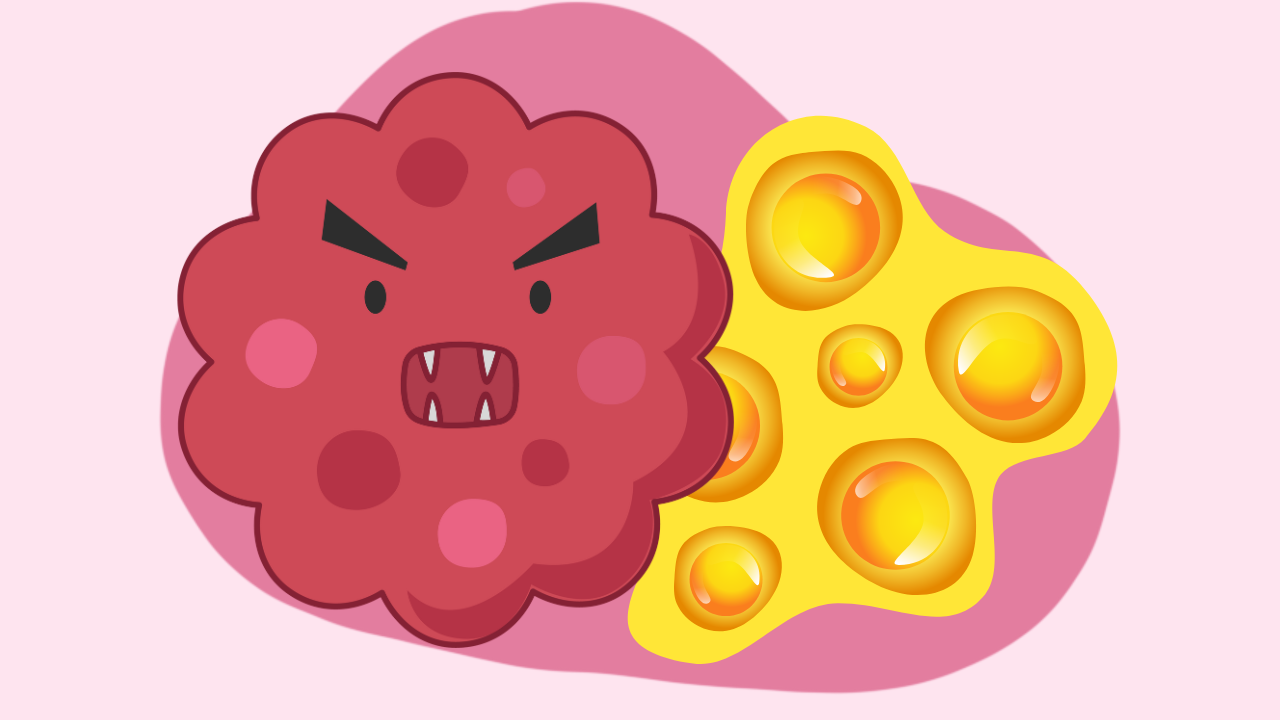New Insights Could Change How We Screen, Treat Breast Cancer

Researchers at Karolinska Institutet have made a discovery about breast cancer that could change how we screen and treat it.
The study, published in JAMA Oncology, looked at interval cancer, a type of breast cancer that is detected between regular screening mammograms. In routine breast cancer screening, individuals undergo mammograms at scheduled intervals to detect any signs of cancer early on. However, interval breast cancer occurs when a person is diagnosed with breast cancer in the time between these routine screenings.
The study involved 4,121 breast cancer patients and 5,631 controls, examining 34 genes related to breast cancer. The focus was on understanding how certain genetic mutations affect the risk of interval cancers compared to cancers found through regular screenings.
The study revealed two key findings. First, certain genetic mutations in five major breast cancer genes (ATM, BRCA1, BRCA2, CHEK2, and PALB2) increased the likelihood of being diagnosed with interval cancer. This risk was especially linked to mutations in BRCA1/2 and PALB2. Women with a family history of breast cancer and genetic variants in these genes were four times more likely to develop interval cancer compared to screen-detected breast cancer.
Second, if a patient was diagnosed with interval cancer and carried these genetic mutations, their survival outlook was significantly worse than those without these mutations.
This research is the first to explore the genetic differences between screen-detected and interval cancers using these five major genes. The findings suggest that these two types of breast cancer are distinct in both genetics and biology.
The researchers believe that understanding these differences can lead to better screening programs and clinical care, potentially detecting breast cancer earlier and improving treatment outcomes. Ultimately, this could enhance the quality of life for affected women and reduce the financial burden on healthcare systems.







